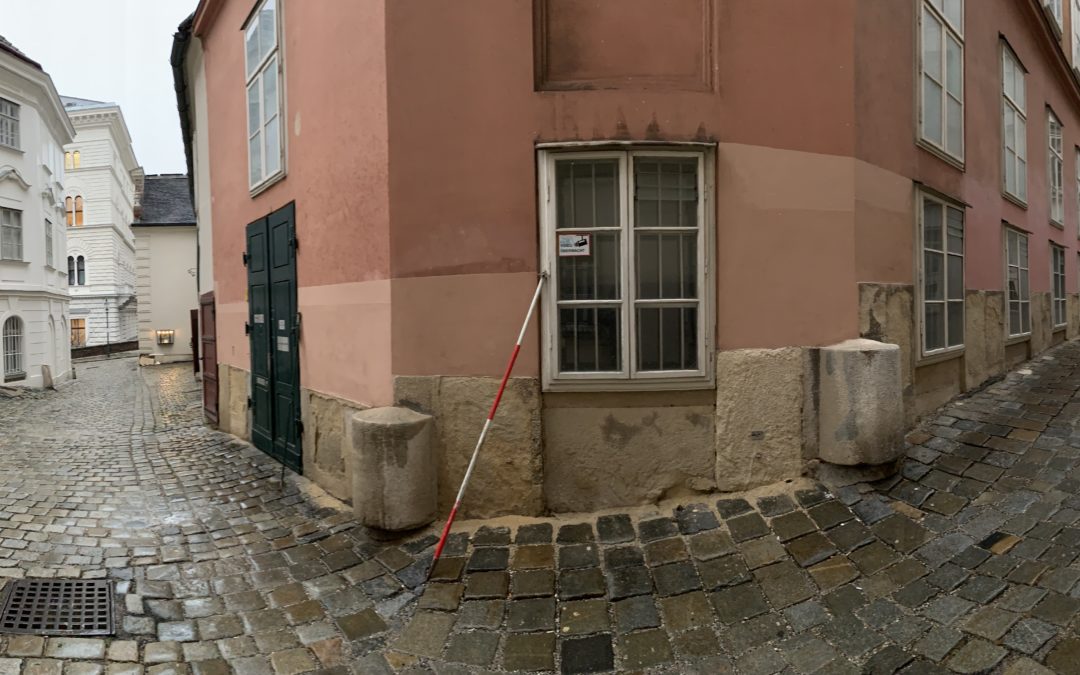
by Dr. Ed Brenegar | Oct 2, 2021 | Book, Circle of Impact, Relationships
Over the last year, I have had a number of disturbing conversations that have effectively ended a number of friendships. It has been a painful experience because I care about these people. I am finding that I am not the only one who has experienced the emotional melt-downs that lead to broken relationships. The problem is that I am not the one having the psychotic break. These meltdowns are an emotional break from reality.
If you were to talk to these friends of mine, I suspect they would tell you that I am responsible. I have been told that I am insane, that I believe in conspiracy theories, which I don’t, and that I am a danger to society, which I am not. I have had phone calls abruptly end in mid-sentence and people tell me that they don’t want to see me. In almost every case, a reasonable explanation of my views is not permitted. If you read this blog or read the books that I have written, you’ll understand my perspective. I want to make sense of the world. In doing so, it means we know how to act in it.
My point here is not to argue my perspective. Instead, I am more concerned with helping people discover their own minds. You don’t have to see things as I do. Hardly anyone does. It is important that you have clear reasons why you make the decisions that you do and take the actions that follow those decisions. You do need this for your own peace of mind. If in the process you find out that you made some decision based on faulty reasoning or inadequate information, you can say to yourself, “Okay. Glad to know that. Let’s fix this.”

by Dr. Ed Brenegar | Sep 13, 2021 | Book, Circle of Impact, Impact, Relationships, Uncategorized
When did self-awareness become an obstacle in our lives?
After a quarter-century of consulting with organizations and coaching their leaders, I realized that it was the self-awareness of people that was a prime hurdle to fulfilling potential, creating impact, and leading people.
Let’s look into this.
WHAT IS SELF-AWARENESS?
Self-awareness is knowing who you are within the context of your life situations.
There are two sides to self-awareness. One is knowing who we are as persons. The other is understanding the situations that we are in. Self-awareness and situational awareness are indelibly intertwined.
Self-awareness is being aware of who we are, who we can become, what our potential is, and, maybe more importantly, who we are not. This is particularly true in a time where social media has the power to mold people into persons that their friends and family do not recognize.

by Dr. Ed Brenegar | Jul 16, 2021 | Circle of Impact, Impact, Network of Relationships, Relationships, Structure, Transition
Whether you are a small business person or a corporate executive, getting the best work out of your people is one of the most challenging aspects of leadership. It takes more than attractive compensation packages and inspirational pep talks. It takes creating a culture of trust that unites people together around a common desire to give their best. Here are five steps any leader can take to build a relationship of trust with their team.
Add to the mix the shift from in the office to a hybrid structure where they are working from home some days, at the office other days, and whether this arrangement will remain or continue to change.

by Dr. Ed Brenegar | Jun 20, 2021 | Book, Centralized Institutions, Circle of Impact, Decentralized Networks, Impact, Network of Relationships, Questions, Transition, Two Global Forces
When people solve their own problems, they also gain skills in communication, collaboration, and innovation. All are leadership skills that everyone needs to acquire regardless of the position that they have in the organization. What, then, is the impact of this approach to leadership. In simple terms, it moves an organization from being leadership starved to being leader-rich. More definitively, it decentralizes the capacity of an organization to solve its problems. I saw this effect in an organization that I served many years ago. Small problems flowed up through the hierarchy to the vice-president’s desk. By then a problem had turned into an issue between the company and the union. When the company implemented a program to train and support all their employees in practicing these leadership skills, the trust level in the company grew, ultimately gaining the awareness of Forbes magazine in their annual list of most trustworthy companies. This is the potential that results from elevating the leadership capacity of people.

by Dr. Ed Brenegar | Mar 22, 2021 | Book, Circle of Impact, Community, Ideas, Impact, Relationships, Structure, Transition, Uncategorized
Nothing is inevitable, except change. Nothing happens in a uniform or complete manner. Every change creates the conditions for its opposite. This is where opportunities abound.
Entrepreneurs understand this and then when they reach a point of establishment, promptly forget about it. Entrepreneurs want to decentralize power in order to create new opportunities. Then they want to centralize power believing that absolute control produces efficiencies that secure the future of the business. Is entrepreneurial ‘creative destruction’ only a starting point? Or, can a business instill the practice of entrepreneurial opportunity-seeking throughout the organization? I believe that it can.
This is one facet of the tension between centralization and decentralization in society. It has grown in intensity as technologies emerged that support personal endeavors and the control of people through surveillance technologies. The context of this global dynamic I call the Two Global Forces. This post consists of selections from my book, Circle of Impact: Taking Personal Initiative to Ignite Change, on this phenomenon in our world today. I have more to say about this at the end.






